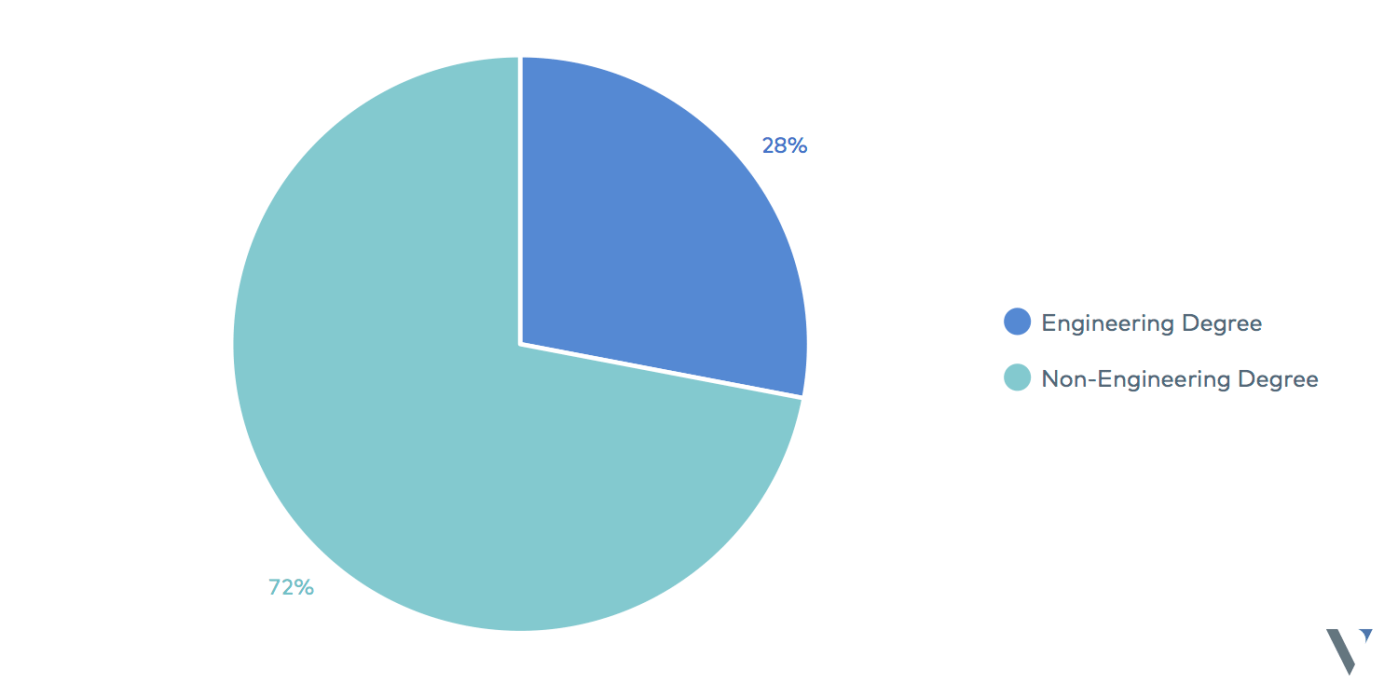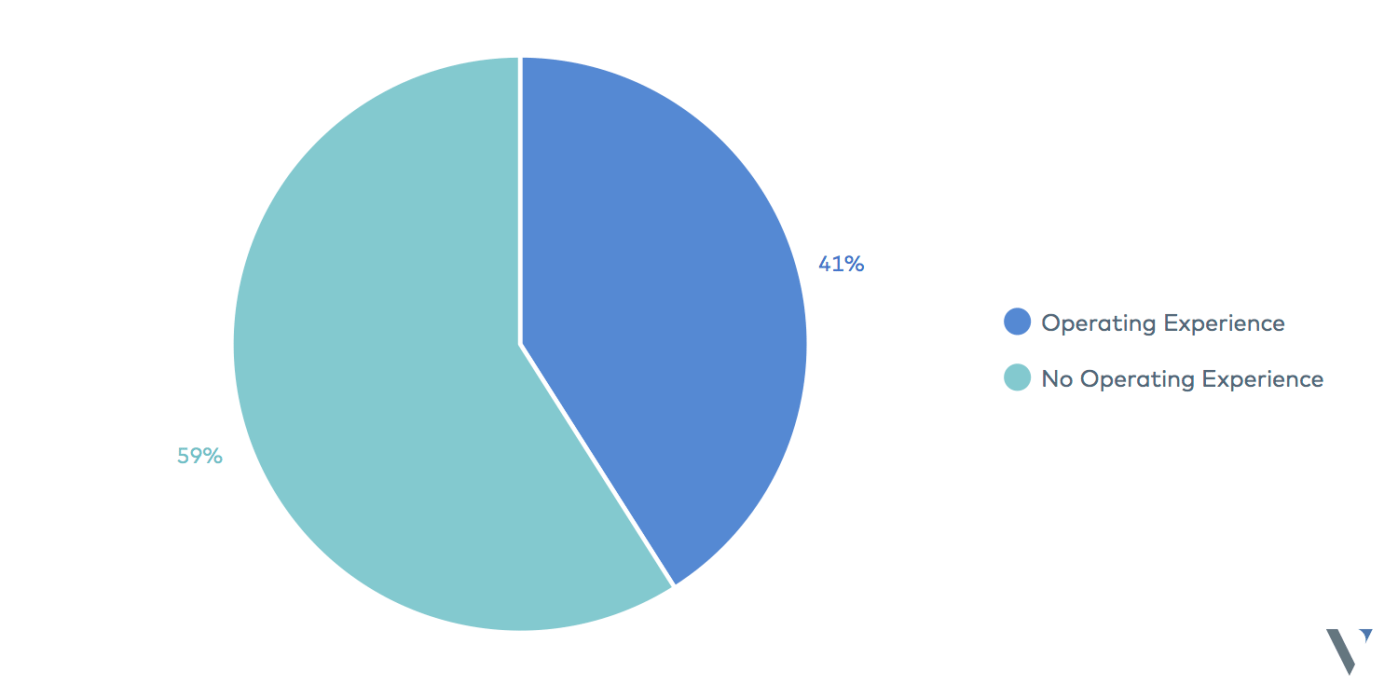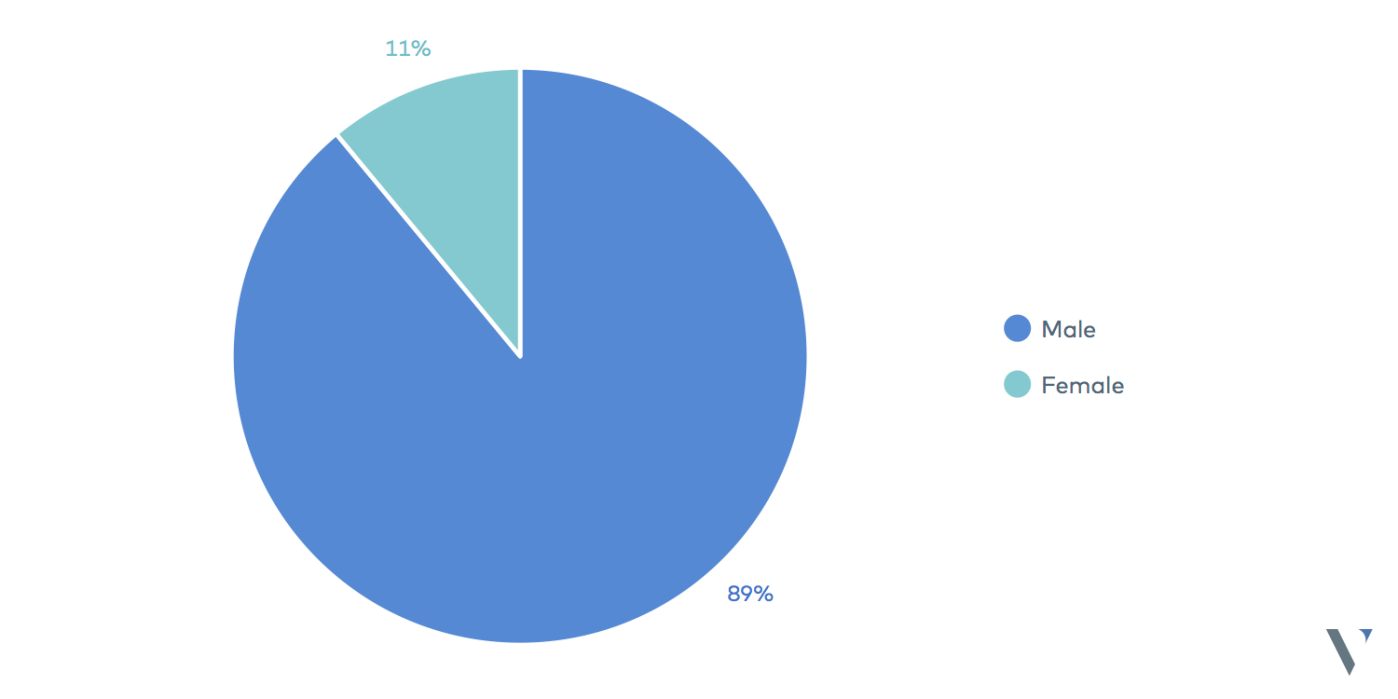Hoping to publicize her new nonprofit, last fall Julie Burkhart called her local NPR affiliate, KMUW in Wichita, about buying a day of sponsorship for $480. Station manager Debra Fraser decided immediately that KMUW wouldn’t allow it. “I didn’t want to upset the apple cart,” Fraser says.
The response wasn’t new to Burkhart. In April 2013 she had reopened and renamed Women’s Health Care Services, where her former employer and mentor, Dr. George Tiller, provided abortions from the 1970s until 2009, when he was shot in the head and killed while ushering at his church. Today, South Wind Women’s Center offers abortion and OB-GYN services as well as transgender care such as hormone therapy. Burkhart hopes to install a birthing center. In the basement, Trust Women, the center’s umbrella nonprofit, runs a political action committee, continuing the advocacy Tiller began in the 1980s.Read more in Bloomberg News.















